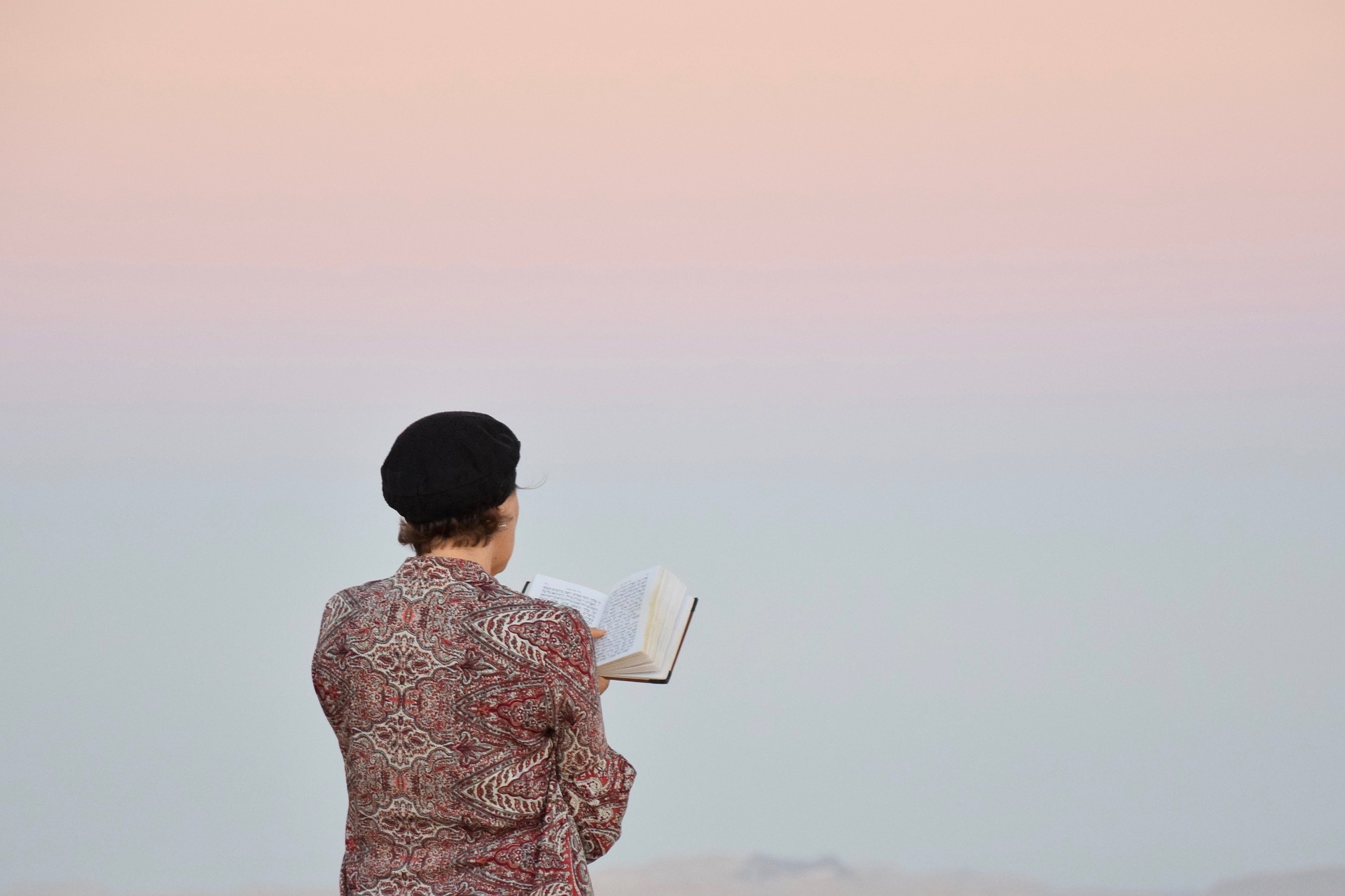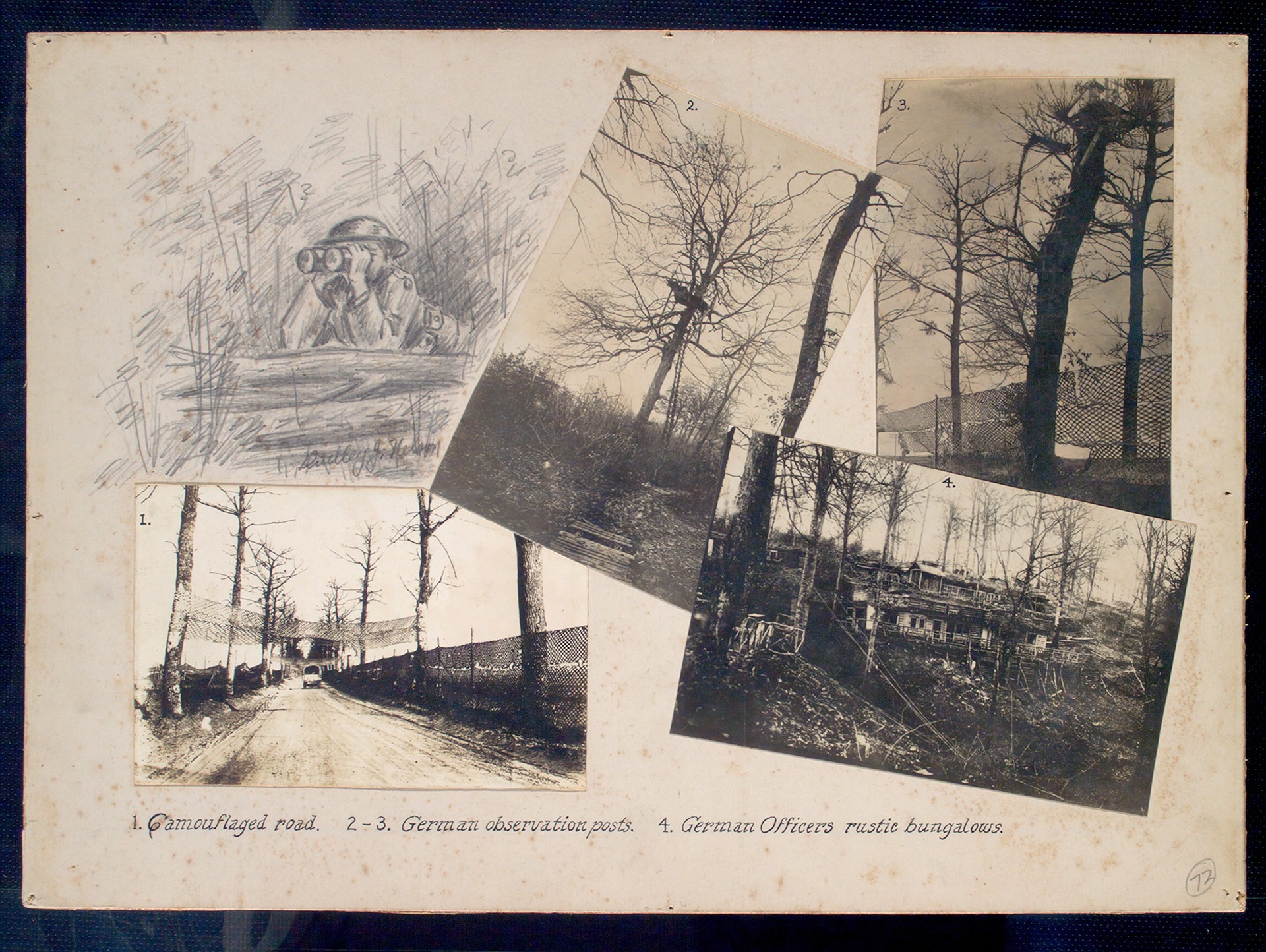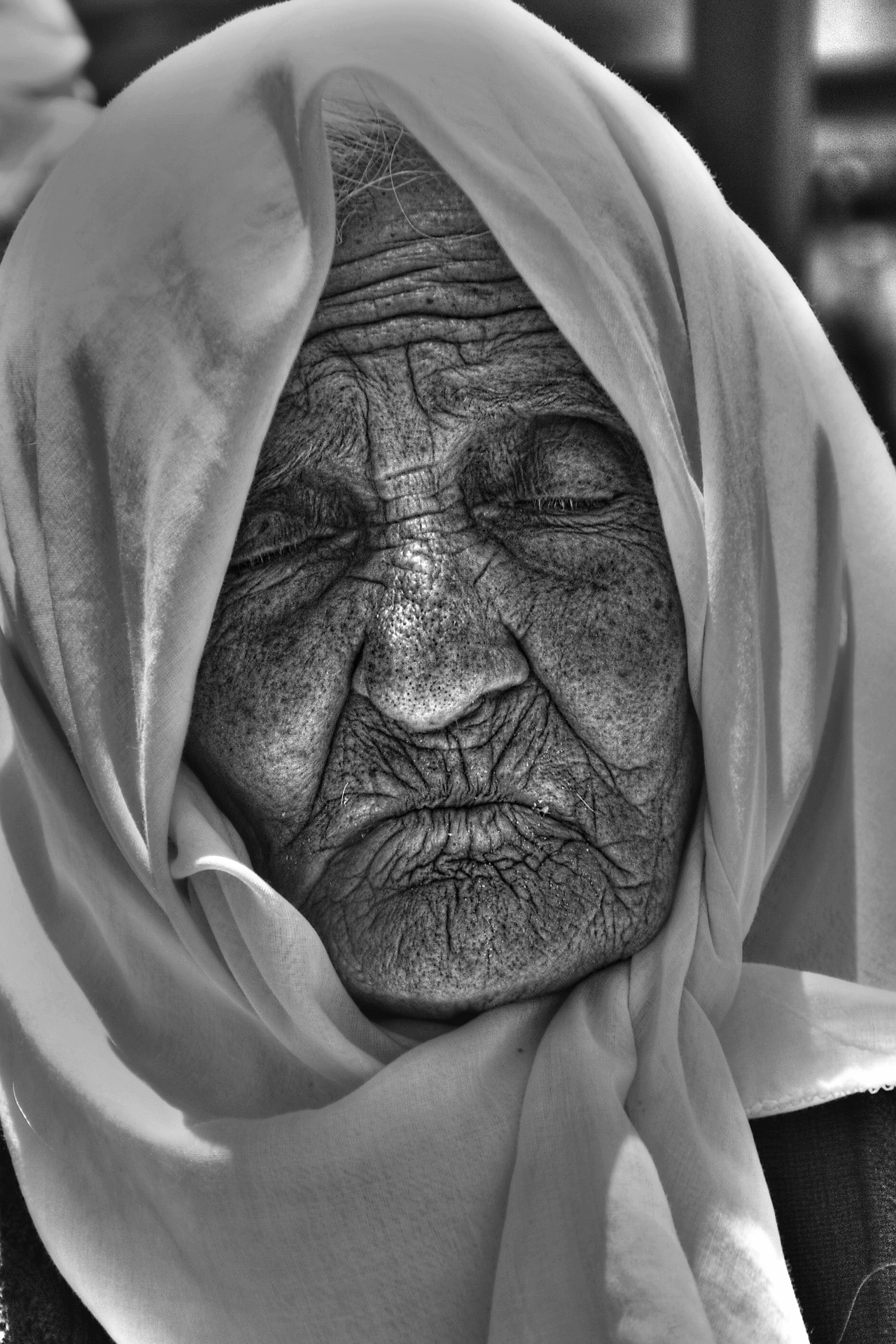
Suburban Idyll
I remember coming home
From my school one afternoon
To behold our kitchen strewn
(Bullnose tile, kitchen-chrome,
Axillary plaster bud,
Oven-face, adhesive seams,
Stucco planes and naked beams,
Thermostat) with still-warm blood.
The police discovered no
Sign of forceful entry,
And, as supplementary
Officers amassed below
Our lawn, the one who stood
Musing in our kitchen guessed
That a squirrel, having just
Slid the open chimney, could
Not climb up; exploring this
New doméstiscape, it got
Quite confused and promptly caught
By our coward sheepdog, Liss.
Oddly (though), the wedding-white
Fur around her mouth was clean;
One could notice no obscene
Testimony of a fight.
Where within the quiet house
Could one find those Jacobite,
Smeary areas one might
Fancy struggle to produce?
Save for the informal, re-
Fléctive ruby reservoir
Pooling here and there like Ar-
Ménian calligraphy,
These intense, outlandish scrawls
Scattered by apparent throes
Were identical to those
On the ceiling and the walls.
Here’s the pose transcending tense
Gravity’s-Damascus-steel
Jurisdiction: the ideal
Balletic malevolence.
I remember hurricanes
Of retracted curtains blue
In the breakfast nook. And through
Insulated windowpanes
Clarifying as a sin
One could see upon the glade
Our neighbor’s second grade
Little girl, attired in
An ill-fitting sundress, proud,
Gliding on her white and green
Bicycle with the pristine,
Idiot grace of a cloud.
The Hope*
Imber scribbled “kol od balevav” a full
Century before the State of Israel’s birth
(Sudden, bloody, pleading, blanketless) as if
For performance just as long after her death.
*Naftali Herz Imber (1856 – 1909): Hebrew poet who wrote the lyrics to what would become the Israeli national anthem (“HaTikvah,” “The Hope”), which begins “kol od balevav…” (“as long as in the heart…”).

